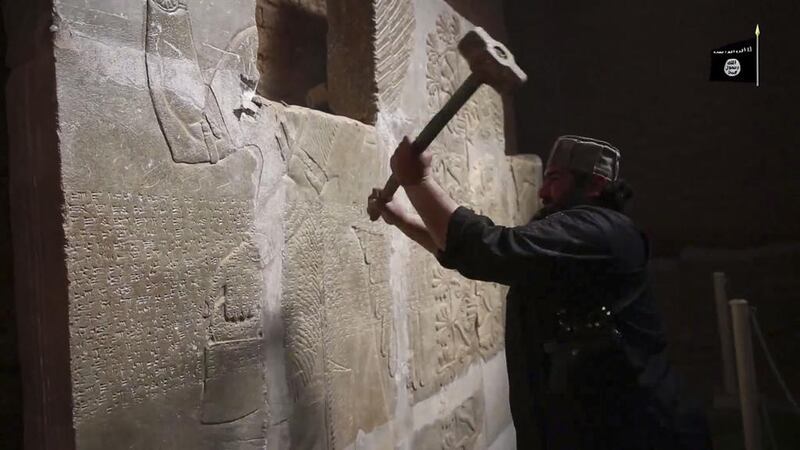In the aftermath of the gruesome attacks in Paris, many in the West have, yet again, raised the issue of the relationship between ISIL and Islam. Within the Arab world, the topic also has some currency, following the ghastly incidents in Beirut and Baghdad.
When it comes to contemporary realities, there is a reason why ISIL finds far more appeal in a country like Syria than it does in South Africa or Slovenia. The regime of Bashar Al Assad, and the brutality it entails, ensures that the population at large is vulnerable to radicalisation by extremist groups. Injustice, perceived or otherwise (and certainly in Syria, injustice is the daily reality of so many people), gives fuel and fodder to the efforts of radicals to recruit. We make the mistake of concentrating solely or even primarily on ideology, at our peril – social and political issues have a very strong role to play.
There is, nevertheless, an ideological component – and for some extremists, it is probably more critical to examine that aspect than anything else.
The vast majority of Muslims reject the extremist ideology that underpins ISIL.
Likewise, Muslim scholars are clear about the incompatibility of Islam and ISIL’s ideology. However, merely stating that ISIL has no relationship whatsoever to Islam, however, is not particularly helpful.
Unfortunately, ISIL clearly believes in a warped view of a marginal, if not heretical, interpretation of Islamic thought. That’s probably comparable to the "positive Christianity" of the Nazis, or the cult of the Lord’s Resistance Army in central Africa.
When we do look at the historical underpinnings of ISIL, we find certain radical writings in the 20th century, from non-mainstream Muslim writers. We find the Pandora’s Box opening earlier than that, in the 18th century, with the movement of Ibn Abdul Wahhab in what is today’s Saudi Arabia.
It is important to get this accurate, however, and not then blame all purist Salafis for ISIL. After all, only a minority of those who adhere to Salafism support ISIL, and many Salafi preachers are openly against ISIL. But the historical lineage does find a relevant resonance with the students of Ibn Abdul Wahhab, nonetheless.
Regardless of all of that, however, there is one issue that is often left by the wayside in this discussion.
Ibn Abdul Wahhab’s movement was a blow to mainstream Sunni religious authority, but it was a blow that could have easily been absorbed if Sunni political authority had remained more or less intact. It didn’t.
Today, the so-called “Islamic State” of Abu Bakr Al Baghdadi claims him as the “khalifah” or the “Ameer Al MuMineen” (the leader of all the believers). Not too far away from Raqqa, there were other khalifahs, once upon a time – and that was the Ottoman Caliphate.
The Ottomans suffered from many problems, but they were a political authority that maintained the backbone of Sunni Islam for quite some time. Ironically, their demise was due in part to the attacks on the Ottomans by militant partisans of the Salafi moment.
The ending of this Ottoman caliphate led eventually to the creation of this grotesque model of an “Islamic State” in the 21st century. More than that, had the Ottomans survived, perhaps the ideology might never been permitted to take root anywhere in the Middle East and North Africa region.
With the absence of the Ottomans, a political void of authority ensued – and that had a natural effect in Muslim religious authority.
Ideology has a role, non-religious motives are at least as present, but to understand how that ideology functions, we have to understand how it got there.
There’s much to be done in terms of policy on ISIL ideology, but history does remind us that the Ottoman Caliphate was the preferred neighbour of many and was a source of mainstream Islamic teachings in many ways. Politics has relevance here – both in terms of injustice that allows for recruitment, as well as legitimate and appropriate political authority.
In that sense, the Ottoman iteration included an “Islamic State” but excluded, with a lot of justification, the so-called state of Baghdadi and others.
Dr HA Hellyer is an associate fellow at the Royal United Services Institute in London, and a non-resident senior fellow at the Rafik Hariri Centre for the Middle East at the Atlantic Council in Washington DC
On Twitter: @hahellyer





